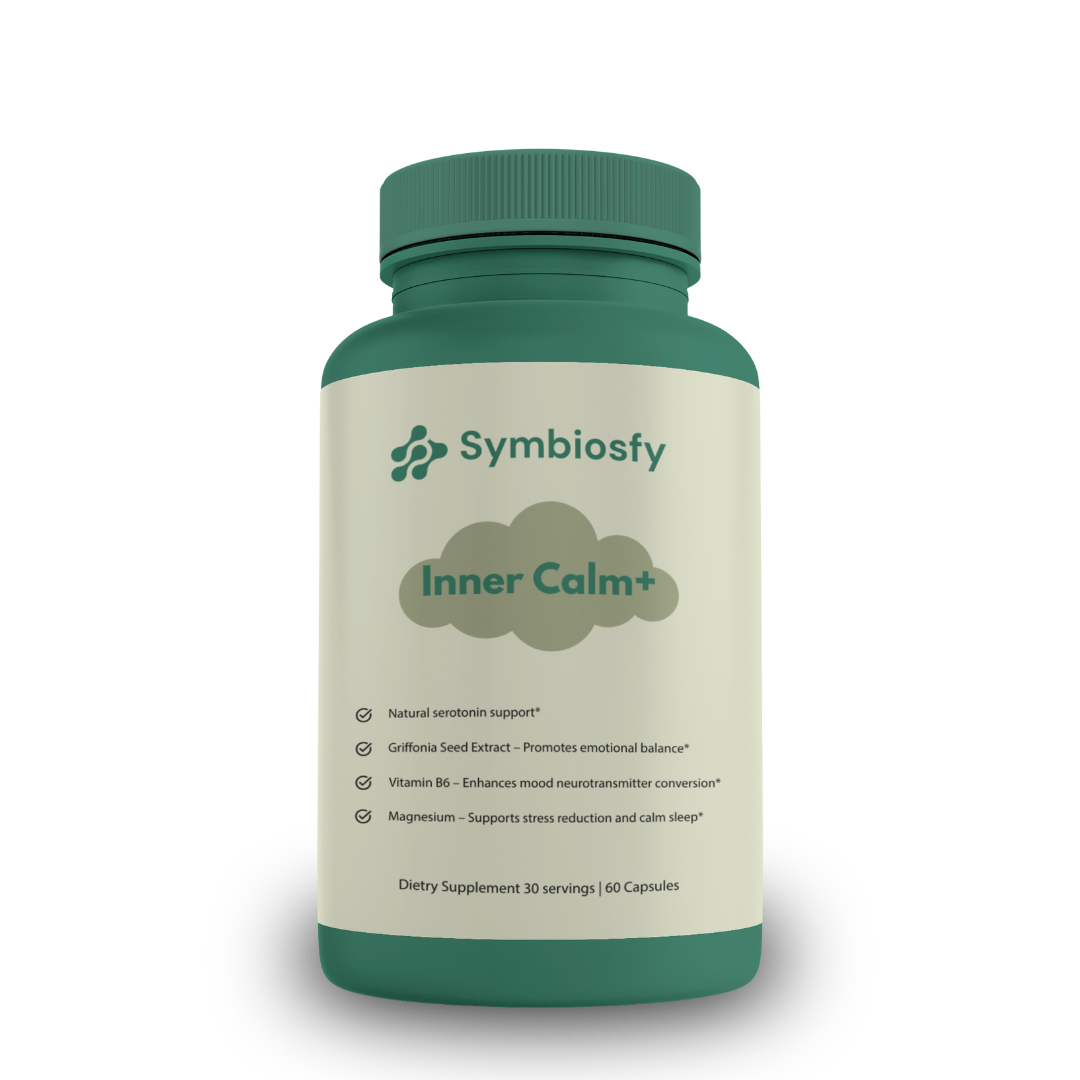Why a Balanced Gut is the Cornerstone of Overall Health
Most people think of digestion as a simple process — you eat food, it breaks down, and your body uses the nutrients. But the truth is, your gut is far more than just a “food processing system.”
It’s home to a complex community of trillions of microorganisms — collectively called the gut microbiome — which influence everything from how you absorb nutrients to how you feel day to day.
What Is the Gut Microbiome?
Your gut microbiome is made up of bacteria, fungi, and other microorganisms living in your digestive tract. While “bacteria” can sound negative, many are essential for health. In fact, research suggests that a diverse and balanced microbiome supports:
-
Efficient digestion and nutrient absorption
-
Healthy immune system responses
-
Balanced mood and mental clarity
-
Overall energy and vitality
When this balance is disrupted — often called dysbiosis — your body can’t work at its best.
Why Balance Matters for Nutrient Absorption
Think of your gut lining as a gatekeeper. The right balance of microbes helps break down food into smaller molecules so your body can actually absorb vitamins, minerals, and phytonutrients.
When the balance is off, this process is less efficient, meaning even if you eat a healthy diet, you may not be getting the full benefit of your meals.
A review in Frontiers in Nutrition found that gut bacteria help produce enzymes and compounds that enhance absorption of nutrients like B vitamins, vitamin K, magnesium, and iron (LeBlanc et al., 2017).
The Gut–Immune Connection
Around 70% of your immune system is located in your gut-associated lymphoid tissue (GALT) (Belkaid & Hand, 2014). This means your gut is the first line of defense against many external factors.
A balanced microbiome helps regulate immune responses, so your body can distinguish between harmless substances (like food) and potential threats (like harmful microbes).
How Gut Health Affects the Whole Body
A growing body of research shows that the gut communicates directly with other systems in your body:
-
Gut–Brain Axis: The microbiome produces neurotransmitters like serotonin and GABA, which can influence mood and stress responses (Cryan et al., 2019).
-
Gut–Skin Axis: Imbalances in gut bacteria can be reflected in skin issues, from dryness to irritation (O’Neill et al., 2016).
-
Gut–Metabolism Link: Certain bacteria are linked to better weight regulation and metabolic function (Ridaura et al., 2013).
Everyday Habits That Support Gut Balance
You don’t need drastic cleanses or restrictive diets to support gut balance. Instead, focus on habits that help your microbiome thrive:
-
Eat a variety of plant-based foods to encourage microbial diversity.
-
Stay hydrated to support digestive movement and mucosal lining health.
-
Manage stress through regular movement, deep breathing, or mindfulness.
-
Get enough sleep, as rest supports microbial balance and repair.
Key Takeaway
Your gut is more than a digestive organ — it’s a control center influencing your energy, immunity, mood, and overall wellness. By creating a balanced internal environment, you’re supporting your body’s ability to function at its best from the inside out.
References:
-
Belkaid, Y., & Hand, T. W. (2014). Role of the microbiota in immunity and inflammation. Cell, 157(1), 121–141. https://doi.org/10.1016/j.cell.2014.03.011
-
Cryan, J. F., et al. (2019). The microbiota-gut-brain axis. Physiological Reviews, 99(4), 1877–2013. https://doi.org/10.1152/physrev.00018.2018
-
LeBlanc, J. G., et al. (2017). Beneficial effects on host energy metabolism of short-chain fatty acids and vitamins produced by commensal and probiotic bacteria. Frontiers in Nutrition, 4, 16. https://doi.org/10.3389/fnut.2017.00016
-
O’Neill, C. A., et al. (2016). The gut-skin axis in health and disease: A review. Journal of the European Academy of Dermatology and Venereology, 30(11), 2028–2036. https://doi.org/10.1111/jdv.13964
-
Ridaura, V. K., et al. (2013). Gut microbiota from twins discordant for obesity modulate metabolism in mice. Science, 341(6150), 1241214. https://doi.org/10.1126/science.1241214

